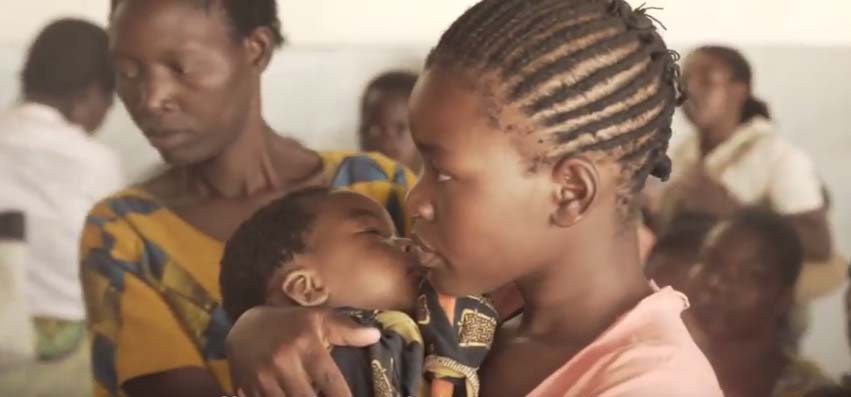What cost-effectiveness means to families: Jacqueline’s story
|

This week, I am in the beautiful Balkan country of Montenegro as part of a PATH workshop with immunization decision-makers from across Eastern Europe and Central Asia. The workshop aims to equip these leaders with new cost-effectiveness analysis methods and tools—such as the updated and enhanced UNIVAC cost-effectiveness model from the ProVac Initiative and the London School of Hygiene and Tropical Medicine, which generates estimates after users enter their own data—as well as provide an overview of how to interpret, disseminate, and use cost-effectiveness analyses to make decisions about rotavirus vaccine introduction. Cost-effectiveness analyses are a key piece of evidence that decision-makers can use to decide to invest in a new public health intervention such as rotavirus vaccines.
Published cost-effectiveness analyses have consistently concluded that the introduction of rotavirus vaccines into low- and middle-income countries would be cost-effective or, in many cases, highly cost-effective. This is because rotavirus infections pose not only a grave health burden on children, but also a substantial economic burden on their families. When a child gets infected with rotavirus diarrhea, his or her parents have to pay for treatment. When the infection is severe, treatment will require a hospital stay, which can get very expensive. In many countries, costs are largely borne by families—sometimes costing as much as 110 percent of a family’s monthly income. Parents also need to stay with their child in the hospital, often forcing them to miss work and forgo income until their child is recovered.
Recently, DefeatDD interviewed a mother named Jacqueline in Malawi who missed work because of her child’s rotavirus infection. Hear her story in our new video below:
By preventing deadly and dangerous infections, rotavirus vaccines can save both lives and livelihoods, empowering families, communities, and countries. Jacqueline’s story is important not only for Africa, but for the world. From Malawi to India to Iran to Germany, rotavirus vaccines can lessen the tremendous economic burden of rotavirus, helping to reduce poverty and improving economic outcomes. This message is an important reason why many decision-makers choose to introduce rotavirus vaccines in their countries. By sharing this message and new cost-effectiveness tools with decision-makers in Montenegro this week, we hope to build their capacity to generate useful evidence of how rotavirus vaccination could help their countries and their citizens.














